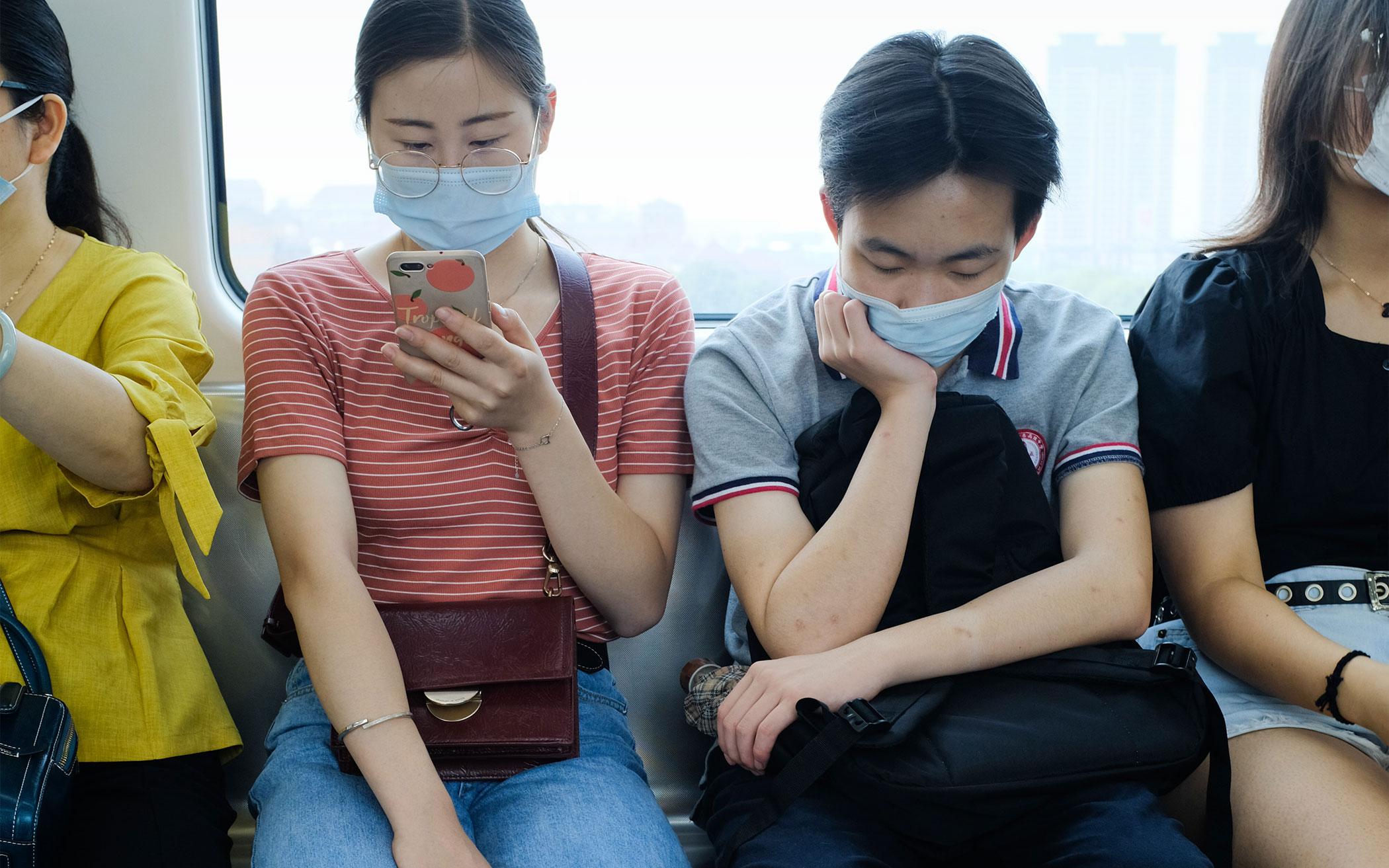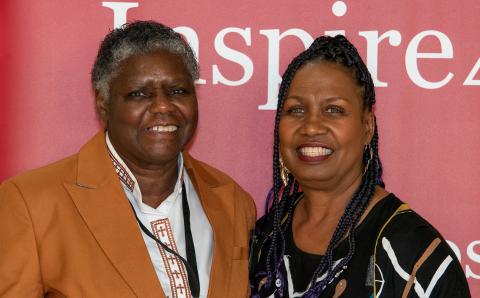One area of social life during the COVID-19 pandemic that might have created as much suffering, pain, loss, and helplessness as premature death is the experience of loneliness. Some scientists even claim that loneliness kills more people than any other known health concerns. Some medical researchers are trying to develop medication that could be given to sufferers of loneliness to relieve their emotional pain. What has become abundantly clear is that, at least in the Western world, we’ve probably all experienced some degree of loneliness during the pandemic.
Many of us also experienced the emotional stress created when close family members could not be hugged for weeks and months on end. We feel the emotional anguish of not being allowed to sit beside a parent at the funeral of a spouse. We could not visit children and grandchildren who lived too far away or who were behind a border that could not be crossed. In short, we are lonely and yearned for the closeness that we took for granted before the pandemic. We experienced the same loneliness we feel when someone dear to us has died and can no longer be touched, hugged, or held but only yearned for. When there is unwanted separation, our yearning for closeness takes on added meaning, much like the yearning for food when we are starving. The felt need becomes all-consuming because it is a created need. We cannot live without community, and therefore loneliness can kill us.
The “new normal” created by modern social media has also increased our loneliness. The exploding number of social media platforms enable us to communicate with a large group of “friends” with whom we can have superficial relationships online.
Though our cellphones create many opportunities for connections, those connections lack intimacy because we are completely in charge of what we reveal about ourselves online, and very few of us choose to reveal who we really are, warts and all. This is entirely normal. Revealing our deepest desires, hopes, cares, and beliefs as well as our faults, fears, and dark thoughts on social media isn’t safe. Safety can be achieved only when we experience nonjudgment, acceptance, and love from close companions in a communal setting. Such a setting can be our marriage, family, church, social club, or friendship group. Healthy people seek and find in-person community opportunities in addition to online relationships.
So how can Reformed Christians respond to this “new normal”? Should we simply accept that loneliness will continue to be a growing problem in our technological age and that new medications, carefully developed at accredited universities and reliable pharmaceutical companies, provide the best God-given response to address loneliness?
As Reformed Christians, we believe that “the earth is the Lord’s,” and we also confess that the cultural mandate—the belief that humanity is tasked to fill the earth and develop (rule over) the earth’s potential as described in Gen. 1:26-28—is still our responsibility and calling in this world. Through this Reformed lens, then, we understand that God has commanded us to faithfully engage with social media too, by lauding its potential for good and flagging its potential for harm.
The belief that medication is the best tool for minimizing the experience of loneliness is based on a fallacy. If loneliness is treated with medication, then it stands to reason that the root causes of loneliness are not likely to be examined or changed. Loneliness is a response to the circumstances of one’s life, not a medical condition to which we are genetically predisposed. This is both good news and bad news. The good news is that I can be in charge of healing from the loneliness that now overwhelms me. The bad news is that only I can be in charge of my healing. Medication would simply maintain the status quo, but understanding what in my life causes this awful feeling of separation from God, from others, and from myself can help me change.
Another part of the difficulty of understanding the epidemic of loneliness is that the emotional pain it causes—feeling isolated, bereft, sad, and listless; feeling a loss of hope, optimism, and joy; feeling useless and aimless; and feeling alone—is associated more often with depression. Though depression and loneliness might feel the same, it is important to be clear about the differences. Depression is an illness; loneliness is a state of being. Clinical depression usually will require treatment of some kind, including medication, but loneliness requires a change in behavior.
At first, the task of understanding why loneliness has robbed you of connection and joy will feel impossible. Because of this, the first step is choosing to believe you are not alone. If you are serious about finding the roots of your own loneliness, find someone you trust to walk this journey with you. Failing that, try reading the following two books by two authors who can become trustworthy guides: The Path Out of Loneliness, by Mark Mayfield, and Transforming Loneliness, by Ruth Graham. These books can help you explore the roots of your loneliness and point you to the light in the distance and a new hope for your future.
Meeting others in their loneliness also can help. Nancy, a pastor of two small, rural churches, discovered that there were about 15 elderly church members who were especially lonely because of divorce or the death of a spouse. These senior singles told Nancy that meal times were the hardest. This was the beginning of a new ministry through which members of the congregations signed on to host a monthly meal at the churches for the seniors. This initiative was a huge success. It helped seniors create new friendships with each other, provided a social activity once a month, and gave purpose to those preparing the meals—a win for everybody.
Yet loneliness should not be confused with solitude. Solitude is something we sometimes choose to seek more closeness to God and the quieting of our own souls. Jesus regularly sought solitude to spend time with his Father. Loneliness, however, is a negative and painful state of being. If you are lonely, you might ask, “How can I be the agent of my own cure when I feel so helpless?” This is the time to remind yourself that Jesus told his disciples they would never be alone. Read Revelation 3:20 and think of these words being addressed to each of us personally. Jesus knocks at the doors of our hearts, waiting to be let in so he can share a meal with us and dwell with us. When we answer that knock and invite the Holy Spirit's presence, and when we do the work with the help of insightful friends or books, we can trust that the loneliness we still feel will soon give way to new feelings of connection and well-being.
Discussion Questions
- Did you experience any emotional stress during the COVID-19 pandemic? How did you cope?
- How big of a problem do you think loneliness is in our culture? Why?
- Are the author’s distinctions between loneliness, depression, and solitude helpful? Why or why not?
- What will you do differently or continue to do to help alleviate either your own or someone else’s loneliness?
About the Author
Judy Cook is a family therapist and a member of Meadowlands Fellowship CRC in Ancaster, Ontario.








